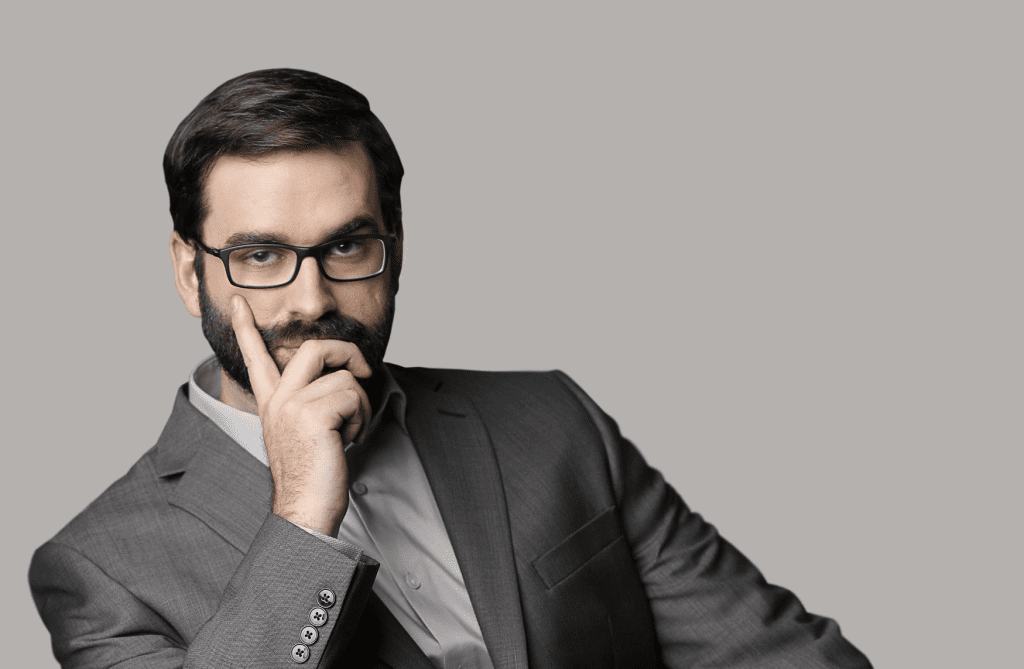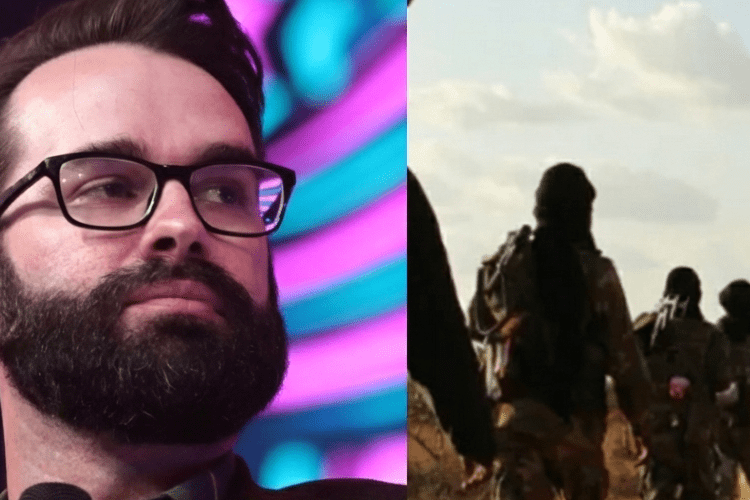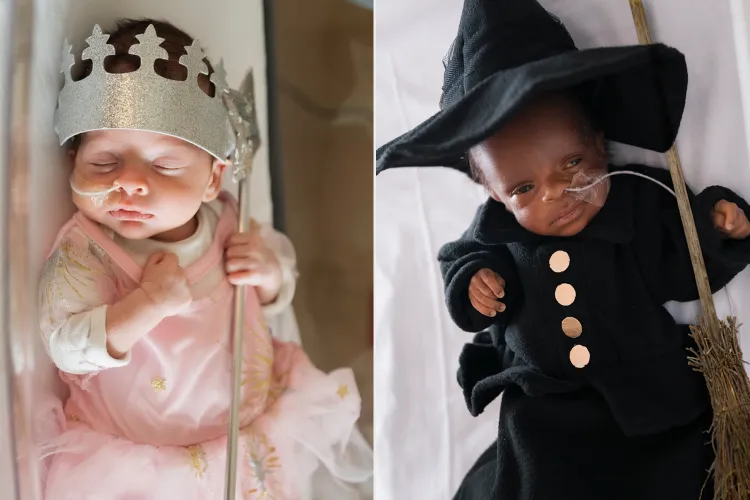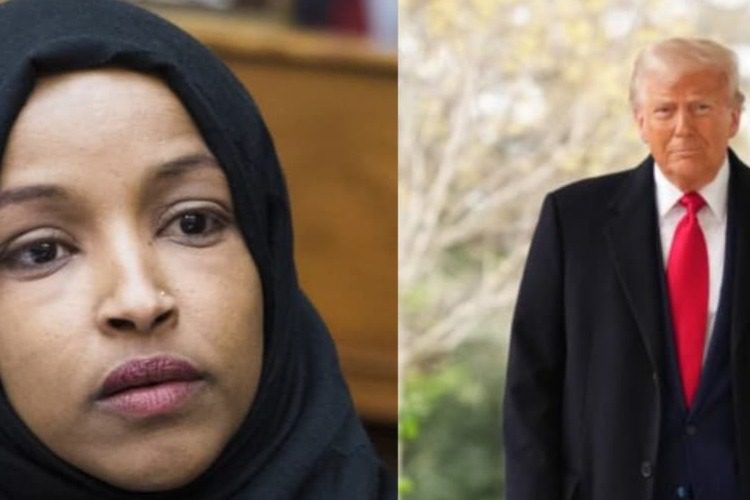From Refugee Dreams to Remittance Nightmares: Inside the Shocking $1 Billion Welfare Heist in Minnesota
In the frost-kissed quiet of a Minneapolis suburb on a November morning in 2025, where the first snow dusted rooftops like a reluctant blanket over the scars of summer’s heat, Amina Yusuf, 42, stirred a pot of camel milk tea in her modest kitchen, the aroma mingling with the distant call to prayer from a nearby mosque. Amina, a Somali refugee who’d fled Mogadishu’s chaos in 2011 with her three children strapped to her back, had rebuilt a life here in the Cedar-Riverside neighborhood—once a gateway for 80,000 Somali Americans, now a mosaic of halal markets and hopeful families chasing the American promise. Her husband, a cab driver who’d traded gunfire for gridlock, worked double shifts to fund English classes and soccer leagues, their eldest daughter, 16-year-old Layla, dreaming of medical school amid the glow of her laptop screen. But as Amina poured the tea for her prayer mat, a knock shattered the peace: FBI agents at the door, badges flashing like cold stars, with a warrant for her husband’s phone and questions about a local nonprofit where he’d volunteered. “It’s not us—it’s the bad ones ruining everything,” Amina whispered later to a neighbor, her voice trembling with the ache of a community under siege, where one family’s fraud casts shadows over thousands of honest strivers. This wasn’t isolated; it was the tip of a iceberg that had calved from a $1 billion welfare fraud scandal, a heartbreaking betrayal where taxpayer dollars meant for healing had been hijacked to fund horror abroad, leaving Minnesota’s Somali heartland fractured and fearful.

The unraveling began not with a raid, but with a whisper from a whistleblower in the labyrinthine halls of Minnesota’s Department of Human Services, where caseworkers sifted claims like miners panning for gold in a river of need. In late 2024, amid a surge of Medicaid reimbursements that ballooned from $3 million in 2018 to $399 million in 2023 for autism therapies alone, a veteran auditor flagged anomalies: clinics popping up overnight in Somali enclaves, diagnosing one in 16 four-year-olds with autism—triple the state average—and billing for “culturally appropriate” sessions that never happened. What started as a hunch snowballed into Operation Silver Star, a multi-agency probe by the DOJ, FBI, and Minnesota AG Keith Ellison, uncovering a web of deceit that defrauded over $1 billion since 2016 across programs like Feeding Our Future ($250 million stolen in fake meal claims) and Housing Stabilization Services (costs exploding from $2.6 million projected to $104 million in 2024). By November 2025, City Journal’s explosive report by Ryan Thorpe and Christopher F. Rufo laid it bare: much of the loot, laundered through hawala networks—informal clan-based money traders—had wired back to Somalia, landing in the coffers of al-Shabaab, the al-Qaeda affiliate whose machete-wielding militants have terrorized East Africa for years. “The largest funder of al-Shabaab is the Minnesota taxpayer,” an anonymous counterterrorism source told the investigators, a chilling admission that sent shockwaves from St. Paul boardrooms to Capitol Hill, where Rep. Matt Walsh decried it as “no surprise—the whole Somali economy runs on fraud and piracy; it’s part of their culture.”
For Amina and her neighbors, the revelations hit like a gut punch, a betrayal that twisted the knife of prejudice already embedded in their daily lives. The Somali community in Minnesota, swelled by 80,000 refugees since the 1990s civil war, had woven itself into the state’s fabric—cab drivers navigating blizzards, nurses staffing ERs, entrepreneurs opening markets where camel meat meets hotdish. But the fraud schemes, often orchestrated by a rogue minority within tight-knit clans, cast a pall: fake autism diagnoses at “culturally sensitive” centers billing $1,500 per child for ghost therapies, Housing Stabilization Services exploding from $21 million in 2021 to $104 million by 2024 through phantom housing aid for the disabled, and Feeding Our Future’s $250 million meal scam where “lunches” for phantom kids vanished into hawala wires. Federal sources confirmed millions traced to al-Shabaab—Somalia’s terror scourge responsible for 2025’s Mogadishu mall massacre that claimed 150 lives—via remittances totaling $1.7 billion in 2023, 40% of Somalia’s households reliant on diaspora dollars. “Every cent sent back benefits them in some way,” the source added, a heartbreaking truth that turned Amina’s volunteer shifts at a Cedar-Riverside clinic into whispers of suspicion from patients who’d once shared tea and tales of home.
Walsh’s November 20 rant on his Daily Wire show, viewed 5 million times in 24 hours, amplified the anguish into outrage, his words a Molotov cocktail lobbed into the tinderbox of immigration debates. “The whole Somali economy runs on fraud and piracy—it’s part of their culture,” Walsh thundered, his face flushed under studio lights as clips of al-Shabaab training camps flashed behind him. “No surprise they come here and continue with these customs. The US would be a better country without Somalis living here.” The post, shared across X with 1.6 million impressions, evoked cheers from MAGA strongholds but sobs in Minneapolis mosques, where imams like Sheikh Abdi Hassan condemned it as “poison that poisons us all.” For Amina, scrolling the feed while her husband fielded questions from coworkers, it was a fresh wound: “We fled war to build peace—now we’re painted as pirates?” Her husband’s cab, once a rolling confessional for riders sharing life stories, now hummed with silence, tips drying up as passengers eyed him warily. The community, 80,000 strong and Minnesota’s largest Somali diaspora, rallied in vigils at the Capitol on November 22, 500 voices chanting “We are Minnesota” under banners reading “Fraud is not faith,” their unity a quiet roar against the generalization that lumps honest laborers with the crooked few.
The fraud’s machinery, pieced together from DOJ indictments and state audits, reads like a thriller scripted in spreadsheets, a tale of opportunity twisted into opportunism that preys on the very systems meant to uplift. Take the autism scam: from 41 providers in 2020 to 328 by 2025, many Somali-led “culturally appropriate” centers diagnosing kids at triple the rate, billing Medicaid $1,500 monthly for therapies that were smoke and mirrors—ghost sessions, forged progress notes, kickbacks funneled to hawalas. Asha Farhan Hassan, a 45-year-old Minneapolis mother charged in September 2025 with $14 million in fake claims, allegedly paid parents $300 per “patient” to enroll their children, her clinic a front for wires to Mogadishu. Housing Stabilization Services, designed for the disabled, ballooned from $2.6 million projected to $104 million by 2024 through phantom aides billing for nonexistent care, indictments unsealed November 15 naming six Somali defendants—Moktar Hassan Aden, Mustafa Dayib Ali, and others—in a $21 million heist. Feeding Our Future, the 2022 scandal’s $250 million meal mirage where “lunches” for 2,000 kids daily evaporated into ether, set the template: nonprofits as shells, clans as cover, remittances as rivers to Somalia, where al-Shabaab skims 10-20% via extortion, per UN estimates. “It’s not culture; it’s criminals exploiting cracks,” AG Ellison said in a November 21 presser, his voice steady with the frustration of a Muslim prosecutor fighting stereotypes while pursuing justice, 20 indictments yielding $50 million clawed back but billions lost to the ether.

Yet the fraud’s roots run deeper than dollars, entwined with the Somali community’s triumphs and traumas, a narrative that aches with the irony of welcome turned wary. Minnesota, with its 80,000 Somalis since the 1990s resettlement—fleeing famine and warlords for the Land of 10,000 Lakes—embraced them as Midwestern kin: cab fleets in the Twin Cities, nursing homes staffed by hijab-clad caregivers, markets where samosas meet lutefisk. Governor Mark Dayton’s 2016 welcome—”You are Minnesotans”—sparked backlash but built bonds, the community boasting 15% college graduation rates and entrepreneurship rates double the state average, per a 2023 Migration Policy Institute report. But poverty’s pull—35% below the line, per Census data—bred vulnerability, lax oversight in Medicaid’s explosion during COVID a perfect storm for scams. “We came for safety, not suspicion,” Amina confides in a voice soft as snowfall, her clinic shifts now shadowed by audits that treat every claim as suspect. Community leaders like CAIR-Minnesota’s Jaylani Hussein rally for reform: “Hold the crooks accountable, not the culture—vet nonprofits, train auditors, but don’t demonize a diaspora giving back.”
Walsh’s words, a viral venom that pierced 5 million screens, embody the controversy’s cruel edge, his “better without Somalis” a gut-punch that echoes 2016’s refugee bans and 2024’s deportation drums. “It’s not culture; it’s corruption,” he doubled down on November 21, his Daily Wire clip drawing 2 million likes from heartland feeds weary of welfare woes. But backlash swelled: Minnesota AG Ellison, a Somali-American, called it “dangerous demagoguery” in a November 22 op-ed for the Star Tribune, citing DOJ data showing fraud spans ethnicities—$1.2 billion statewide since 2016, only 25% Somali-linked. CAIR’s 500-person vigil on November 23 chanted “Justice, not judgment,” banners reading “Fraud is Felony, Not Faith,” their unity a quiet thunder against the generalization that lumps honest cab drivers with hawala hustlers. For Amina, it’s personal: her husband’s tips halved post-Walsh, whispers at the mosque turning to wary glances. “We fled al-Shabaab’s blades—now America’s words cut deeper,” she says, her tea cooling untouched, the call to prayer a solace in the storm.
As November fades to December’s hush, with indictments mounting—20 in HSS fraud alone, $50 million recovered but billions lost—the scandal’s soul-searching endures. Ellison’s task force, launched November 25, vows “culturally sensitive” audits, partnering with Somali elders for tip lines that honor trust over terror. “Reform the system, not the scapegoat,” he urges, his voice a bridge from Mogadishu to Minneapolis. For Amina, volunteering at a Cedar-Riverside food pantry, it’s reclamation: serving samosas to neighbors, her daughter’s medical dreams a defiant light. The fraud, heartbreaking in its betrayal, spotlights a community’s contributions—15% of Minneapolis cabs Somali-driven, nursing homes 20% staffed by hijabi heroes—outshining the shadows. Walsh’s rant, a flash fire, fades against the steady flame of resilience, a reminder that in America’s welcoming weave, threads of deceit don’t unravel the whole. For the Yusufs, it’s forward: tea poured, prayers said, a nation mended one honest heart at a time.



